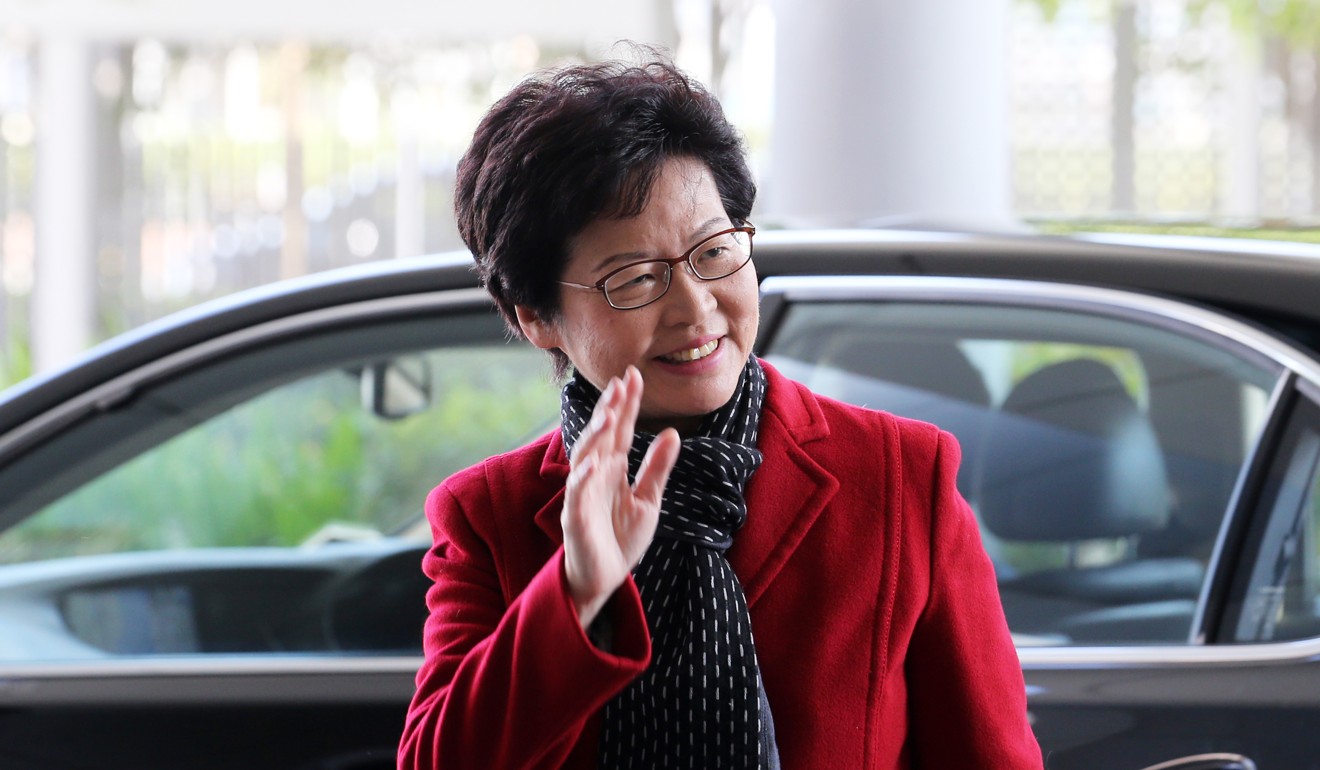
TV show gripping Hong Kong finds winning formula of a popular theme and quality production
This drama and another one captivating mainland viewers tap into the zeitgeist
Let’s take a break from politics for this week and talk about something more pleasant – women. Women on TV, to be more precise.
But over the weekend, egged on by friends, I managed to watch a few episodes of My Unfair Lady, a recent TVB drama that has been the talk of the town.
Premiering earlier this month, it has brought back the high ratings that TVB can no longer take for granted. And it has tapped into the zeitgeist, putting the focus on an interesting question: are Hong Kong women too strong and straightforward to know how to be “gentle” both at work and at home?
A direct translation of the title of the drama can be “Women who don’t know how to be cutesy”. That’s keeping in mind that it’s somewhat difficult to find an English word to match the Chinese term “sajiao”, meaning “cutesy”, or acting like a spoiled little girl in order to attract attention.
It has tapped into the zeitgeist, putting the focus on an interesting question: are Hong Kong women too strong and straightforward to know how to be “gentle” both at work and at home?
It tells the story of how a super-demanding executive at an asset management company eventually comes to realise that being a tough woman and treating colleagues too harshly doesn’t work out well, and can even sabotage or hurt her love life.
The show also presents different perspectives on love by the various female characters – and whether being passive or proactive helps them achieve happiness in life.
The thing is, Hong Kong women, to a certain extent, used to be stereotyped as less “gentle” compared with their mainland or Taiwan counterparts. However, the producer of this series touts it as an entertainment platform to render “justice” to Hong Kong women, who possess their own brand of “gentleness” with their smartness and determination.
Meanwhile, across the border, tens of millions of TV viewers are captivated by Ode to Joy, which is going strong at season two. This series about the friendship of five independent Shanghai women reportedly garnered more than five billion views on the internet by early May.
The two dramas have something in common: both are quality productions instead of just more of the usual soap operas, and resonate highly with younger audiences.
My Unfair Lady, with its many “local” Hong Kong flavours and contexts, has become something of a phenomenon in the city. It reflects real frustrations facing Hong Kong women, such as home mortgages, office pressure or politics, and cheating boyfriends working on the mainland.
Ode to Joy features a strong Shanghai context in how women from different backgrounds living in the same apartment building have learned to grow up together, looking for career fulfilment in a big city, and handling love lives and family relations. These are typical experiences shared by many struggling white-collar workers on the mainland.
At a time when local TV productions in Hong Kong are up against serious competition from their mainland and regional counterparts, the success of My Unfair Lady shows that maintaining unique “local” characteristics can do the trick. The takeaway here is not to give up when viewer interest is dwindling and shifting towards alternatives.

That ought to inspire another popular drama showcasing local talent. But will it?

